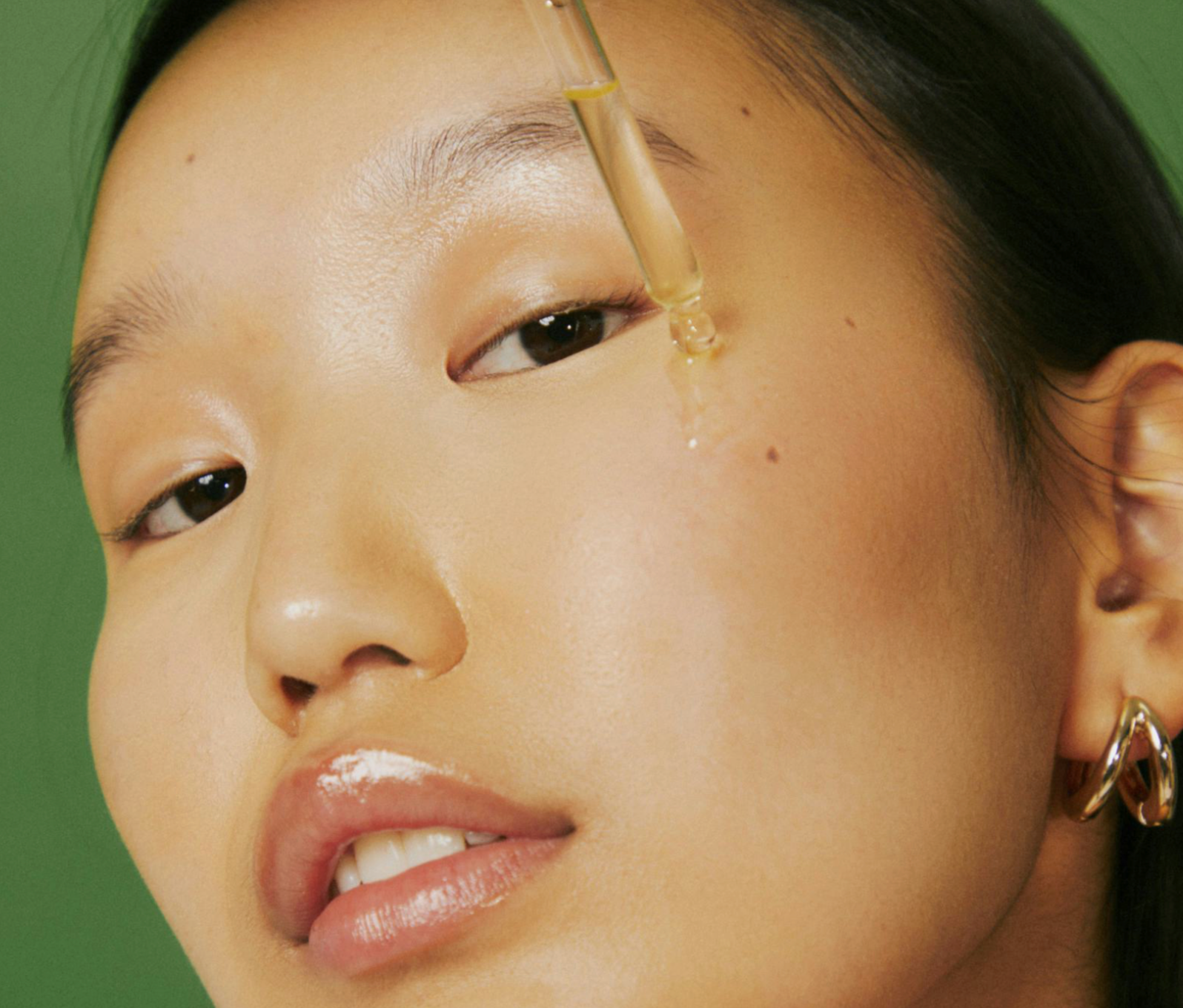
Is Squalane Non-Comedogenic or Does it Clog Pores?
Ever wonder if your skincare products are friends or foes to your pores? After all, it may feel like common sense that adding serums to your complexion would only contribute to the overall “oiliness” of your skin, blocking pores and contributing to acne in the process.
In truth, some popular ingredients are indeed comedogenic—aka pore-clogging—including camelina oil, chia seed oil, coconut butter, mink oil. Each has its benefits but, due to their comedogenic ratings, may not be well-suited in large quantities for all skin types.
So, is squalane non-comedogenic, or is it likely to clog your pores? The short answer: it doesn’t have significant comedogenic properties, meaning that most people can use it safely without it clogging their pores. However, it may not be suitable for all, a topic we’ll explore further below.
Understanding What Squalane Actually Is
Squalene is a compound naturally found in your skin's sebum (the natural oils produced by your skin cells) that helps keep your skin hydrated and protected. In its natural form, squalene is unstable and can quickly degrade, but luckily, there's a scientific fix. Through a process called hydrogenation, squalene is turned into squalane—a colorless and odorless oil that is non-comedogenic, meaning it won’t clog your pores.
An ingredient beloved by skincare enthusiasts, squalane is known for its lightweight texture that quickly absorbs into the skin without leaving a greasy residue. Even better, it is packed with moisturizing and antioxidant properties to help shield your skin from environmental damage.
Does Squalane Clog Pores?
Despite being an oil, squalane is non-comedogenic and won’t obstruct your pores. Squalane closely resembles the natural oils your skin produces, making it well-tolerated by the majority of skin types, including those that are more sensitive.
Can Squalane Contribute to Acne?
For most people, the answer is no—squalane does not cause acne. In fact, squalane can actually help reduce acne for certain users. However, for those with extremely oily skin, it may not be the best choice of ingredient.
To further understand squalane, remember that it actually comes from a component of sebum (which, in excess, can lead to breakouts). If your skin type is best described as “oily,” adding further oil may be counterproductive. In such scenarios, squalane can indeed contribute to acne.
However, oily complexions aren’t the only types of faces that combat acne. In fact, dry or combination skin can break out because it lacks moisture, leading to the overproduction of sebum. For such complexions, non-comedogenic squalane can actually help prevent acne by providing beneficial hydration without clogging pores.
Remember, everyone’s skin is different, and what works for one person might not work the same for another. It is always a good idea to patch-test any new product on a small area of skin before applying it to your entire face to ensure your skin reacts well to the ingredients.
Worried About Squalane Causing Acne? Consider Doing the Following
When choosing a squalane product, it is important to look for one that is 100% pure, avoiding any fillers or other ingredients that can clog your pores or aggravate acne-prone skin.
Additionally, look for serums that combine squalane with other nourishing ingredients for a well-rounded skincare product. For example, other non-comedogenic ingredients like CBD and Vitamin C offer anti-inflammatory and antioxidant benefits. The reduced concentration of squalane can enable users—even those trending toward oilier skin—to take advantage of its hydrating properties without risking overuse.
Check out the Vitamin C & CBD Skin Elixir with a pure and potent combination of squalane, full-spectrum CBD oil, and Vitamin C to even out your complexion, help slow the signs of aging, and protect your skin from daily stressors. This powerful combo not only streamlines your routine but also gives your skin the best of all worlds—keeping it nourished, hydrated, and glowing.
Why Squalane Could be Perfect for Your Skin
Hydrates without clogging pores
Squalane is an excellent moisturizer, hydrating and softening the skin without clogging pores. Environmental stressors, along with aging, decrease the amount of squalene the body naturally produces, which can contribute to dry skin, volume loss, and wrinkles. Squalane can help shield your skin’s barrier to help reinforce your complexion’s overall health.
Can be soothing for those with eczema
Squalane acts as a productive ally for dry, sensitive, or eczema-prone skin by delivering deep hydration without worrying about irritation for clogging pores. Research shows that squalane's anti-inflammatory and moisturizing properties may help reduce redness, swelling, and itching in skin conditions like eczema.
Remember, squalane mimics your skin’s natural oils and strengthens the skin's lipid barrier, ultimately locking in moisture, which can be especially helpful for managing eczema flare-ups. Additionally, its antioxidant properties protect the skin from harmful environmental factors like pollution and UV radiation, both of which can trigger or worsen skin conditions like eczema.
Can be mixed with most other skincare ingredients
Not all skincare ingredients play nicely with one another; just look at the potential irritation that can come from mixing Vitamin C and retinol. Luckily, non-comedogenic squalane gets along with most other skincare ingredients, including Vitamin C, retinol, hyaluronic acid, CBD, and peptides.
Buy the Vitamin C + Squalane Elixir and Other Natural Skincare Solutions from Botanika Life
When you combine potent ingredients like squalane, Vitamin C, and CBD, you are giving your skin the best of all worlds—squalane keeps your skin hydrated and moist, CBD calms and soothes irritation, and Vitamin C brightens and protects against environmental damage and aging.
Botanika Life creates beauty and skincare products that are crafted with nutrient-rich plant ingredients and organically grown hemp. Each product is developed to nourish, rejuvenate, and replenish skin, leaving radiant results.

By Emily Wegener
With a unique background as an Integrative Nutrition Health Coach, Masters Degree in Teaching and experience in Psychology, Emily spends much of her time researching and trying out new holistic healing modalities.



